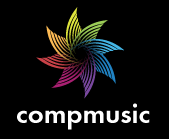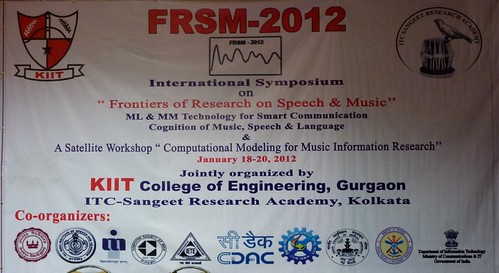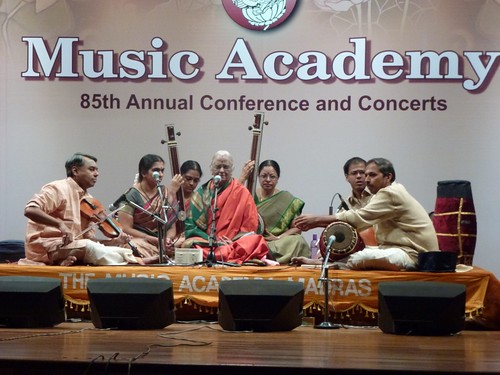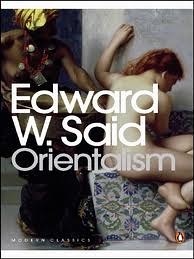1st CompMusic Workshop
On January 20th 2012 and near Delhi we had the first workshop of the CompMusic project. It was organized as a satellite event of FRSM 2012 and it was an opportunity to bring together the two Indian CompMusic teams and to present the project to the Indian research community. FRSM and the workshop took place at the College of Engineering of the Kamrah International Institute of Technology (KIIT) in Gurgaon, India. KIIT is a private engineering College that despite not being active in music research was very generous to host our workshop.






